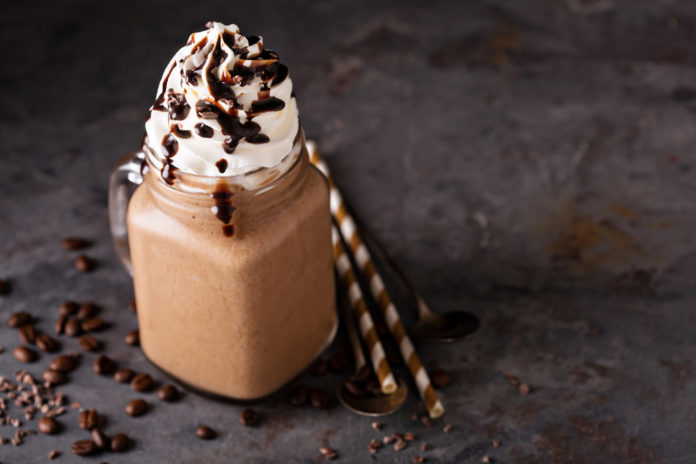Although nutrition experts and dietitians mostly embrace the “all foods fit” approach, some foods may not be touching their plates. And after sifting through the unappealing ingredients and research, you also may be compelled to ditch these 8 unhealthy foods experts won’t eat, too!
Unhealthy Foods Experts Won’t Eat
1. Sugary Cereals
Before racing out the door, pouring a quick bowl of cereal is common for those busy mornings. However, nutrition experts discourage sugary cereals, as they tend to be nothing more than refined sugars and food colorings. For a more nutritionally adequate breakfast, opt for an unsweetened cereal and add natural sweetness with fresh berries, banana slices, or cubed peaches.
2. Packaged Meats
Well, most of them… Nutrition experts stray away from packaged meats, including hot dogs, sausage, and pepperoni. Diets high in processed meats increase their risk of cancer or heart disease, especially if exceeding their intake more than once or twice a month. Even if promoted as “lean,” it is also important to stay cautious of packaged deli meats, as they tend to be packed with sodium.
3. Soda
While this may not be a food per se, drinking soda is highly discouraged, as they are simply nothing more than a sippable glass of sugar (averaging 30 to 40 grams, in fact)! Think diet soda is a healthier alternative? Think again. In fact, research has shown diet soda may actually cause weight gain, spike blood sugars, and compromise good oral health. Find out more on why diet soda is bad for you here.
4. So-Called “Coffee” Drinks
Sometimes the real question to that beloved caffeinated morning drink is, “Would you like some coffee with your sugar, syrup, or cream?” The cup of joe can be overflowed with unnecessary ingredients, ultimately displacing the benefits coffee has shown to offer.
5. Pancake Syrup
Firstly, it is important to stress pancake syrup, not maple syrup. Although they are similar in that they coat that beloved stack of pancakes or waffles, disparities lie between the two. Pancake syrup is not a natural product, as it loaded with corn syrup, high fructose corn syrup, artificial maple flavor, and other undesirable ingredients for flavor and preservation. Pure maple syrup is a more natural alternative, but should still be used in moderation.
6. Stick Margarine
Margarine tends to be recognized as a health-conscious alternative to fat-laden butter. Simply put, margarine is man-made, transforming liquid oils into a process known as hydrogenation, ultimately. But the recreation to trans fat revealed more significant evidence of its link to heart disease, even with new requirements banning trans fat in food products by the year 2018.
7. Convenient Pastries
Although pastries can fit into a well-balanced diet, pastries grabbed at the gas station or strategically placed near the checkout line may be a different, less-than-sweet story. Although it is fairly inevitable added sugar sweetens the product, they also tend to be filled with oils and other preservatives. When desiring a sweet treat, try making a baked good at home with the controlled, whole ingredients or with these healthy baking swaps.
8. Frozen Dinner Entrees
Although convenient and an appealing effort to fight against drive thru runs, frozen dinner entrees are generally packed with salt, trans fat, MSG, aspartame and other added preservatives. But breaking the stigma associated around frozen meals, Balance by bistroMD offers fresh, well-balanced meals straight to consumers’ doorsteps. Balance also offers low-sodium meals, falling at or below the Dietary Guidelines for Americans recommendations for calories, sodium, total fat and saturated fat. All low-sodium meals contain less than 600mg of sodium, falling below the dietary guidelines of 2,300 mg of sodium daily. Find more information on Balance by bistroMD’s low-sodium meal options here!








